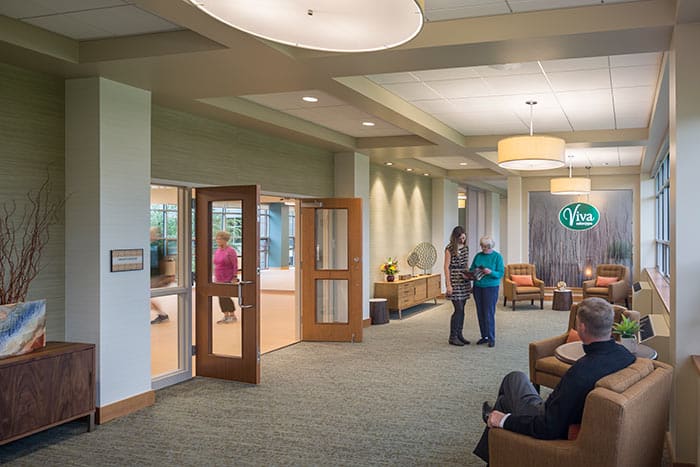Assisted living communities provide residents with a supportive environment to maintain their independence while receiving help with daily tasks like bathing, dressing, and medication management. On the other hand, memory care is a specialized form of care tailored to the needs of individuals with Alzheimer’s disease, dementia, or other memory-related conditions.
The Focus of Memory Care
- Personalized care plans targeting cognitive health
- Structured daily routines promoting familiarity and consistency
- Specialized staff trained in dementia care techniques
- Secure environments to prevent wandering and ensure safety
Key Indicators It’s Time for a Transition to Memory Care
-
Increased Care Needs
As memory-related conditions progress, the individual may require more assistance with daily tasks or experience increasing difficulty with mobility. Assess whether the assisted living community can effectively address these needs or if memory care would offer more specialized support.
-
Safety Concerns
Wandering, disorientation, and agitation are common among those with dementia. If the resident exhibits such behaviors, the safety measures at an assisted living community may be insufficient, warranting a move to memory care.
-
Declining Cognitive Abilities
Memory loss, confusion, and communication difficulties can signal a need for memory care. Consult with medical professionals to determine if transitioning to a memory care community would provide better support for cognitive health.
-
Emotional and Behavioral Changes
Unexplained mood swings, agitation, and social withdrawal may indicate that the individual’s needs are unmet in their current environment. Memory care offers specialized programs and interventions to address these challenges.
-
Caregiver Burnout
If family members or caregivers feel overwhelmed by the increasing demands of care, memory care can offer professional support and respite for loved ones.

Preparing for the Move to Memory Care
-
Assess Your Loved One’s Needs
Consult with medical professionals to determine the level of care required and the specific services that will be most beneficial.
-
Research Memory Care Communities
Look for communities with experienced staff, specialized programs, and a secure environment tailored to the needs of individuals with memory-related conditions.
-
Involve Your Loved One in the Decision-Making Process
To the extent possible, include your loved one in discussions about their care preferences and the available options.
-
Plan the Transition
Work closely with the memory care community to ensure a smooth transition. Provide information about your loved one’s routines, preferences, and medical history.
-
Engage in Open Communication
Keep lines of communication open with the memory care community and your loved one throughout the transition process.
We understand that navigating the transition from assisted living to memory care can be an emotional and challenging journey for you and your loved ones. If you have any questions or would like to discuss your options, please don’t hesitate to call Lavender Springs at 512-858-0211. We’re here to help you make the best decision for your family, prioritizing your loved one’s well-being and peace of mind.
